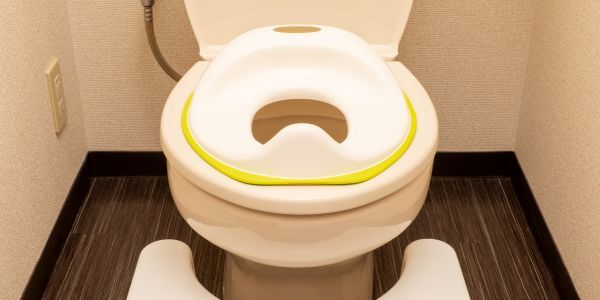

(Disclaimer; autism affects everyone differently. My perspective may not represent your own experience.)
When you think of autism, what do you picture?
Most of you will imagine the stereotypical profile of autism… Perhaps you’ll think of Sheldon Cooper, or the autistic brother in Rain Man. That’s the generalisation that society has come to use to summarise autism.
What you’re unlikely to picture is the 26 year old, happily married mother, who owns her own house, has a good job, socialises, and loves life. On the surface, unless you’re adept at spotting the subtle signs, you won’t compare this woman to societies standard perception of what autism is. You’ll think she’s just a bit kooky. You won’t see the internalised struggle, the sensory issues she experiences daily, the bewilderment and battle to understand the world around her, like being trapped in a fish bowl staring out at this weird world. You won’t spot the mask.
Autism is a vast spectrum. The ‘typical’ presentation we’ve come to think of is more male dominated; girls are more likely to go undiagnosed because they mimic others and learn social conventions through observation, just to fit in and go under the radar. They may appear odd, say weird things, but autism? You’d never think it, right? Just a square peg in a round hole.
Well… I’m that 26 year old, happily married mother, who owns her own house, has a good job, socialises, and loves life. After being referred by my GP 2 years ago, I finally had my NHS assessment with a specialist on Friday. I walked in ‘weird’, and walked out as a high functioning autistic woman, after three emotionally draining yet enlightening hours where all my questions were finally answered.
My diagnosis is a good opportunity to address the fact that women are notoriously under diagnosed and brushed off as ‘just socially awkward’, and important to me because I know there are people out there who may have taken me the wrong way, due to me inadvertently coming off the wrong way. Yeah, I am strange, but at least we know why now! Teach your kids to treat everyone equally, and that you never know what’s going on inside someone.
Autism anywhere on the spectrum presents challenges, let alone with parenthood added to the equation.
For me, personally, I’ve developed the coping mechanisms to handle parenthood and carry on. People often wonder how a parent with autism manages to cope, and this capacity and need for support will vary between individuals. Personally, I cope much as any other mother does! I have my parents and husband as my support network, and we get along perfectly fine. Max is very loved, cherished, nurtured and happy.
On the whole I’d say I’m like every other parent. Max always comes first, beyond my own discomfort. I will always make the effort for him even if it means putting myself in uncomfortable situations, such as crowded places, noisy parties, or other triggers. I will draw on my own coping mechanisms and make the day as wonderful as possible for him no matter what!
There seems to be so many misconceptions surrounding autism; one of them being that autistic people can’t happily and capably have babies and raise a happy family. This is so, so false! Some parents may need more support than others in being a parent, but it’s not an end game. I’m confident that I am a great mother and a fab wife, regardless of being autistic. There are many autistic parents out there, just getting on with life and doing just fine.

I’m just me, living my best life, and finally at peace now that I have answers.
Love from Katie. Xx


.png)






.jpg)
